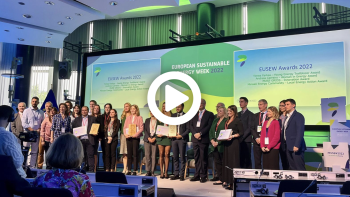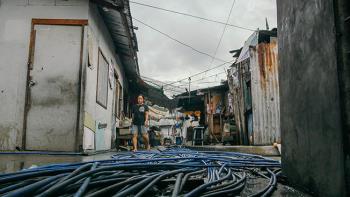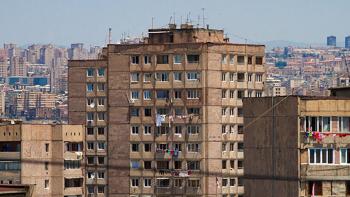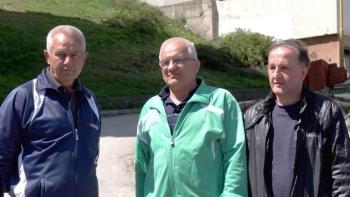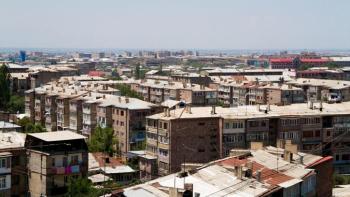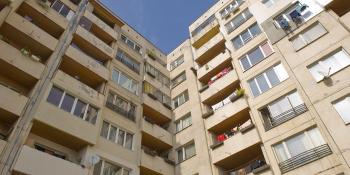
Residential Energy Efficiency
Europe and the Middle East
Energy poverty
In many parts of Central and Eastern Europe (CEE), in Western Balkans and the Baltic countries, energy poverty is at alarming levels. This is mainly due to high energy prices and poor energy efficiency of residential buildings, inefficient heating systems and old household appliances in privately owned housing units, which dominate in the region.
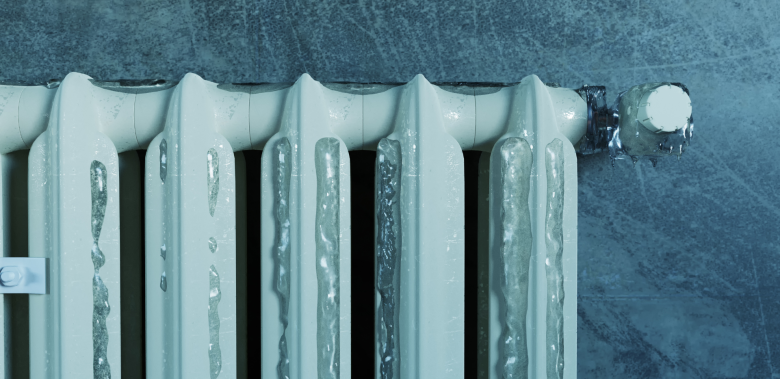
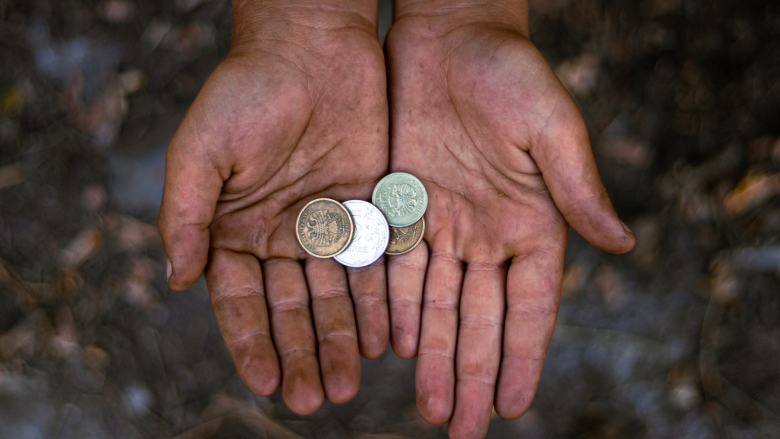
Residential energy is eating up more than 30% of the total energy usage, leaving people with low incomes and those in the poorest communities trapped in a cycle of poverty. Unable to afford renovation works for their old and poorly built housing, they are forced to sacrifice essentials such as food to pay their energy bills. It becomes impossible to step out from this poverty cycle due to lack of information, finances and organizational structures that could help the owners in the multi-apartment residential buildings overcome these problems.
Step forward
With energy efficiency renovations, residents benefit not only from living in warmer homes but also from paying lower energy bills. Better living conditions and higher comfort improve the overall wellbeing of people.
With the current energy crisis, the question of energy poverty became a burning issue requesting a prompt and systemic approach in addressing it.
Habitat's energy efficiency projects
Habitat for Humanity International, Europe and the Middle East Area Office (HFHI EME) is currently implementing five projects, which contribute to solving the “heat or eat” dilemma of low-income families by different interventions, such as increasing energy efficiency of multi-apartment residential buildings.

ComActivate tackles energy poverty and climate goals in Central and Eastern Europe by improving energy efficiency in multi-family apartment buildings through local resource centers, energy roadmaps, capacity building, and policy advocacy in Bulgaria, Hungary, and Lithuania.
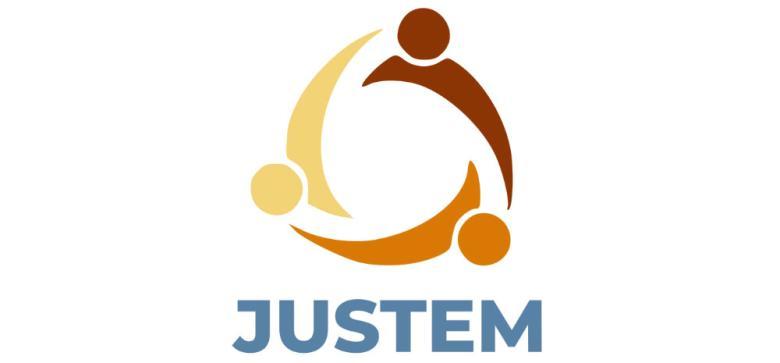
JUSTEM addresses energy poverty and Just transition challenges in coal-dependent regions across six European countries – Bulgaria, Croatia, Greece, Poland, Romania and Spain – by empowering citizens, aligning regional energy plans, evaluating benefits, and supporting inclusive climate actions through capacity building, stakeholder networks, and policy recommendations.

SUNRISE promotes solar energy adoption in Bulgaria, Lithuania, and North Macedonia by piloting plug-in photovoltaic (PV) systems, addressing barriers, and engaging homeowners in technical, financial, and administrative aspects to expand renewable energy use and climate action.
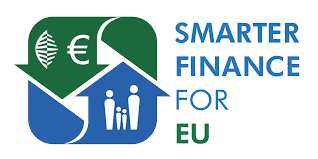
SMARTER4EU promotes sustainable housing in Spain, Portugal, and Ukraine by expanding Green Homes and Green Mortgage programs, leveraging green finance to improve energy efficiency and affordability, and supporting vulnerable households with innovative hybrid financial tools.
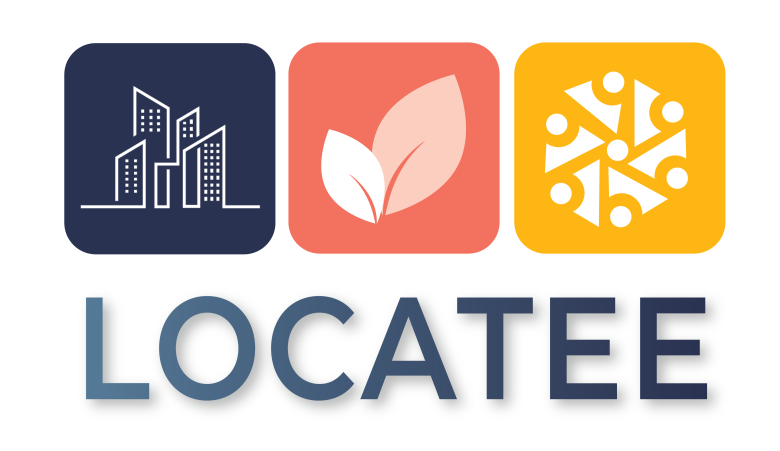
LOCATEE empowers municipalities in Central, Eastern, and Southern Europe to combat energy poverty by renovating private multi-apartment buildings, piloting targeted interventions, and integrating solutions into long-term strategies in Poland, Portugal, and Greece.
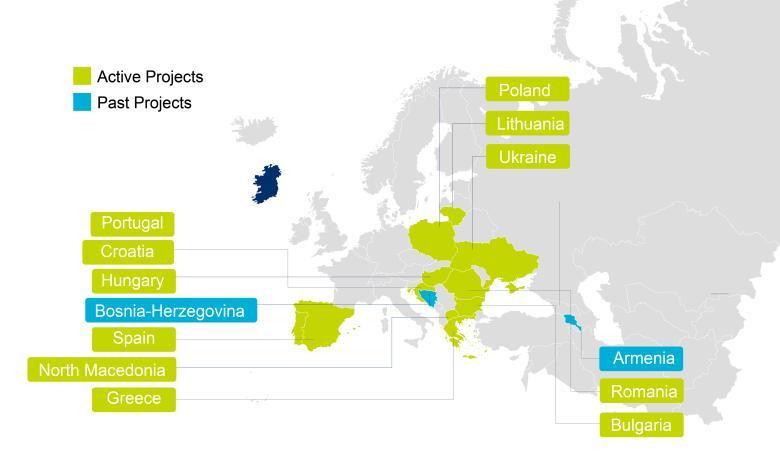
With these projects, we currently support 11 countries: Bulgaria, Croatia, Greece, Hungary, Lithuania, North Macedonia, Poland, Romania, Spain, Ukraine and Portugal.
In August 2022, we closed Habitat’s first residential energy efficiency project REELIH which was supporting Armenia, Bosnia and Herzegovina and North Macedonia. In February 2024, we finished the second project ComAct which supported five pilot countries – Bulgaria, Hungary, Lithuania, North Macedonia and Ukraine.
Learn more about our projects
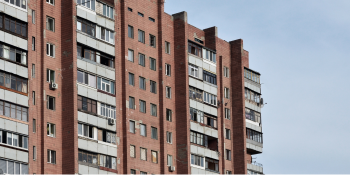
Enabling community action for energy sufficiency (ComActivate)

Project Duration:
November 2023 – October 2026
ComActivate responds to growing levels of energy poverty across the EU, especially in Central and Eastern Europe (CEE) by addressing the poor energy efficiency of buildings as a major driver of energy poverty and climate change. Over 75% of the building stock in the EU is inefficient with buildings responsible for 36% of GHG emissions.
Project interventions focus on multi-family apartment buildings (MFABs) as they are home to around 60% of population in CEE. Social, technical, legislative, and financial challenges to MFAB renovation are complex and poorly defined, especially when it comes to renewable energies and it requires multisectoral approach.
ComActive will develop, demonstrate and advocate for solutions for MFABs that reduce energy poverty, enhance energy security, and bring building emissions in line with climate targets (near complete decarbonization by 2050) through:
- Institutionalisation of Resource Centres (RCs) at the local level as a recognised mechanism to reach energy poor communities and facilitate agreement in Home Owner Associations (HOAs);
- Development of Neighbourhood Energy Sufficiency Roadmaps (NESRs) to address the complexities of renewable energies for MFABs and determine how energy needs can be secured in line with poverty alleviation and climate neutrality;
- Building the capacity of HOA managers for the implementation of renovations, and raising awareness of communities to dispel concerns about the benefits of renovations; and
- Public-private policy and investment dialogue at the national and EU level to enable the sustainability of RCs and the implementation of NESRs.
ComActivate is implemented in three municipalities in three countries: Burgas in Bulgaria, Józsefváros in Budapest, Hungary and Kaišiadorys in Lithuania.
These countries represent different regions of CEE with differing sets of constraints, yet each country has similar history, geography, climate, and operational constraints to their neighbouring cluster of countries, aiding regional replication.
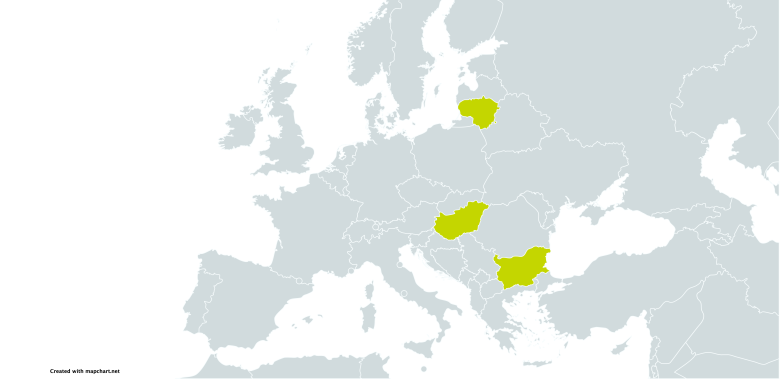
Project partners:
- Nadacia Habitat for Humanity International – project leader
- MRI: Metropolitan Research Institute
- Budapest 8th District: Budapest Fovaros VIII. Kerulet Jozsefvarosi Onkormanyzat
- BPIE – Buildings Performance Institute Europe
- IWO: Housing Initiative for Eastern Europe
- EnEffect: Centre for Energy Efficiency
- Kaisiadorys Municipality
- Burgas Municipality
- Eko Invest
- LVOA-ALCO: Alliance of Lithuanian Consumer Organisations
- Associated partner: Habitat for Humanity Macedonia

Co-funded by the European Union. Views and opinions expressed are however those of the author(s) only and do not necessarily reflect those of the EU or CINEA. Neither the EU nor the granting authority can be held responsible for them.

JUStice in Transition and EMpowerment against energy poverty (JUSTEM)

Project Duration:
November 2022 – April 2025
Based on EU SILC indicators, almost a million citizens live in energy poverty and the jobs of almost 300 thousand are directly or indirectly linked to coal or carbon-intensive industries. Furthermore, most coal regions have lower GDP per capita. Due to that and history of lower energy prices (meaning less efficient buildings and lack of energy conservation culture), coal regions are more prone to energy poverty.
The overarching objective of JUSTEM is to build regional capacity and include citizens in development of the energy and climate plans of the regions, and adapting them to their specific needs. JUSTEM intends to facilitate policy development and in particular the Just transition planning by increasing the uptake of sustainable energy solutions. This will be done by highlighting the multiple benefits it brings to the attention of a wider public.
The following activities are designed to achieve JUSTEM’s objective:
- To generate practical solutions for citizens’ capacities strengthening and citizens’ involvement in the topic of Just transition
- To use bottom-up methods to improve and align regional energy and climate strategies and propose project pipelines
- To evaluate multiple benefits of the proposed strategies, advancing the knowledge about energy poverty and the means for its alleviation
JUSTEM will address the challenge of making just transition successful in the following locations: Stara Zagora in Bulgaria, Western Macedonia in Greece, Region of Istria in Croatia, Slaskie Voivodeship in Poland, Jiu Valley in Romania, and Asturias in Spain.
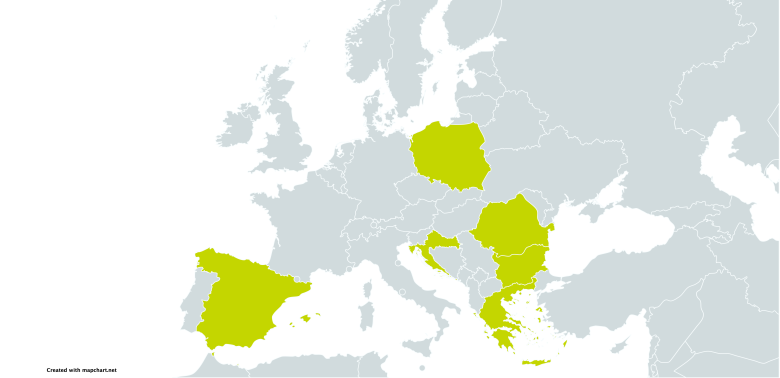
Habitat for Humanity International, Europe and the Middle East Area Office (HFHI EME) will work on inclusion of vulnerable groups and people directly affected by the transitional issues in the processes, as well as contribute to preparation of the project pipelines by increasing the support and technical assistance in preparing and fast-tracking the financing of local climate action projects.
HFHI EME will contribute to dissemination activities organized by the project and hosted within the HFH branches across region as part of the project replication component. HFHI EME will also advise on building the network of regional stakeholders and development of policy recommendations.

Co-funded by the European Union. Views and opinions expressed are however those of the author(s) only and do not necessarily reflect those of the EU or CINEA. Neither the EU nor the granting authority can be held responsible for them.
Learn more about the JUSTEM project by visiting: https://ieecp.org/projects/justem/.
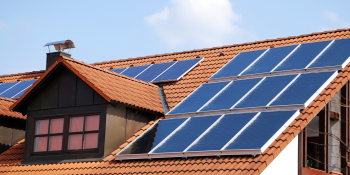
Prosumer Solar Energy II (SUNRISE)

Project Duration:
November 2022 – April 2025
The most prominent technology for energy self-consumption is solar energy, like photovoltaic (PV). The SUNRISE project aims to support local organizations in initiating the expansion of solar energy projects through exchange of experience and knowledge sharing. In doing so, possible barriers on national and local level will be identified and solutions developed.
The relatively low-threshold approach of the plug-in modules will sensitize apartment owners and tenants to the solar potential and initiate larger installations in the medium term.
To apply and disseminate technical solutions for climate action, the project will install 30-40 pilots of plug-in-PVs to test the elaborated approaches and further raise the awareness about these solutions.
The testing will happen in three pilot countries, namely Bulgaria, Lithuania, and North Macedonia.
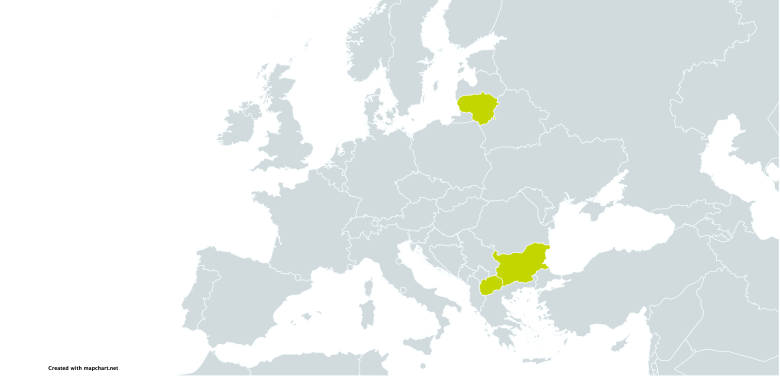
The project will moreover explore the role that homeowners can play in the implementation of such initiatives from the technical, financial, and administrative perspective.
In the project, HFHI EME will conduct research on what are the available renewable energy financing solutions, services, and load products in the implementing countries, and followingly on what are the current demands for renewable energy based on which we can better understand the market, its potential and leveraging opportunities among low-income neighborhoods.
Project partners:
This project is financed by European Climate Initiative (EUKI), the project financing instrument by the German Ministry for the Environment (GIZ).
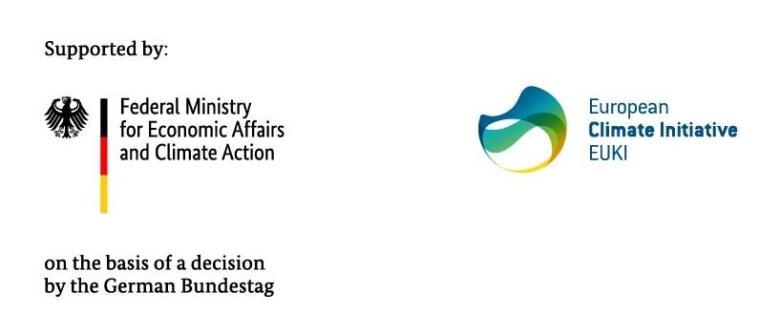
Learn more about the SUNRISE project by visiting: About the Project - Sunrise Project (hfh.bg)
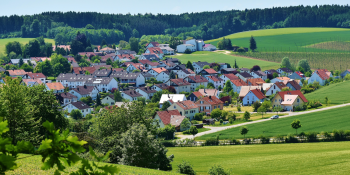
Smarter Finance for EU (SMARTER4EU)

Project Duration:
June 2023 – May 2025
The Smarter4EU builds upon the achievements of the SMARTER Finance for Families (SFFF) project, which successfully expanded Green Homes & Green Mortgage (GHGM) programs across 12 European countries with the support of the European Commission’s Horizon 2020 program.
SMARTER4EU is an EU-LIFE funded project led by RoGBC (Romania Green Building Council), which will create “on the ground” operational and self-sustaining Green Homes and Green Mortgage (GHGM) programs implemented in three countries – Spain, Portugal and Ukraine.
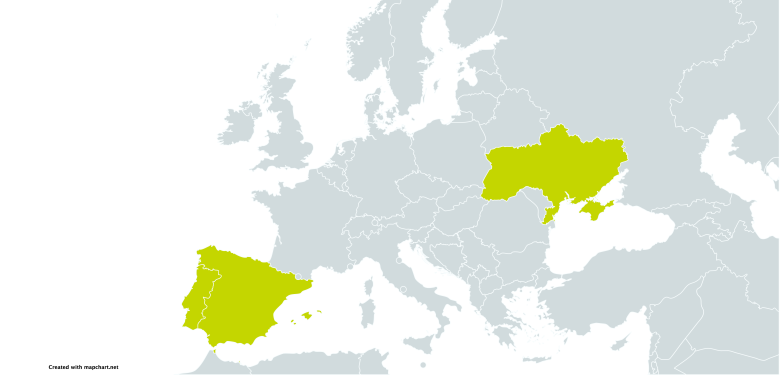
At the core of the SMARTER4EU project lies the concept of combining low-cost, credible green certification with a verified high standard of energy performance in homes. By incentivizing homeowners with a discounted green mortgage from partnering banks, this initiative effectively encourages the adoption of sustainable practices. To provide comprehensive guidance for residential investors and developers, the project offers the “Green Homes & Green Mortgages: Toolkit for Residential Investors & Developers,” featuring an illustrative example provided by the Romania Green Building Council (RoGBC).
HFHI EME brings to the project its extensive experience and results from working in the challenging field of assisting vulnerable/low-income persons. HFHI EME achieves this by creating partnerships with municipalities and other government entities. Their goal is to mitigate energy poverty by co-creating energy efficient/green affordable social housing. HFHI EME will guide the European and worldwide discussion to use innovative “hybrid” green finance solutions to leverage public money with private investment subject to stringent green criteria. HFHI EME is the lead on one of the project work packages on Hybrid Finance Tools for Vulnerable Citizens, under which HFHI EME aims to identify existing solutions or create new solutions for using green finance innovation to improve the health, comfort, and financial stability of low-income households.

Co-funded by the European Union. Views and opinions expressed are however those of the author(s) only and do not necessarily reflect those of the EU or CINEA. Neither the EU nor the granting authority can be held responsible for them.
Learn more about the SUNRISE project by visiting: Home | Smarter Finance for EU - Green homes mortgage programmes
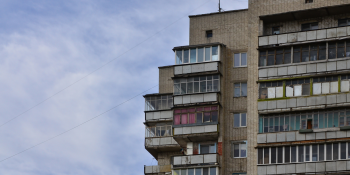
Local authorities tackling energy poverty in private multi-apartment buildings (LOCATEE)

Project duration:
October 2024 – September 2027
The LOCATEE project aims to empower municipalities in Central, Eastern, and Southern Europe to address energy poverty by supporting the renovation of private multi-apartment buildings for vulnerable residents. Energy poverty affects millions across Europe, and LOCATEE seeks to bridge the gap between private housing owners and local climate and energy policies.
Through the development of a comprehensive toolkit, LOCATEE will help municipalities identify energy-vulnerable households, design tailored interventions, and integrate energy poverty alleviation into long-term municipal strategies like Sustainable Energy and Climate Action Plans (SECAPs). The project leverages administrative data to create typologies of households and buildings, enabling targeted identification of priority intervention locations.
By fostering institutional and cross-sectoral coordination, LOCATEE will support local authorities and social partners in addressing energy poverty through solutions like establishing contact points and focus groups with housing entities. These mechanisms will facilitate regular knowledge exchange on renovation programs and tailored solutions, ensuring a coordinated response to the needs of vulnerable households.
Using a pilot evidence-based approach, LOCATEE will address financial, regulatory, social, and technical challenges in renovating private multi-apartment buildings. It will also enhance the capacity of local authorities to act as intermediaries in the energy transition. Collaborative efforts among stakeholders will lead to the design and implementation of targeted interventions and support initiatives that explicitly benefit vulnerable populations.
The project will pilot its approach in three municipalities: Rumia in Poland, Torres Vedras in Portugal, and Piraeus in Greece. These pilots will serve as models for scaling the LOCATEE framework to 32 additional municipalities and beyond.
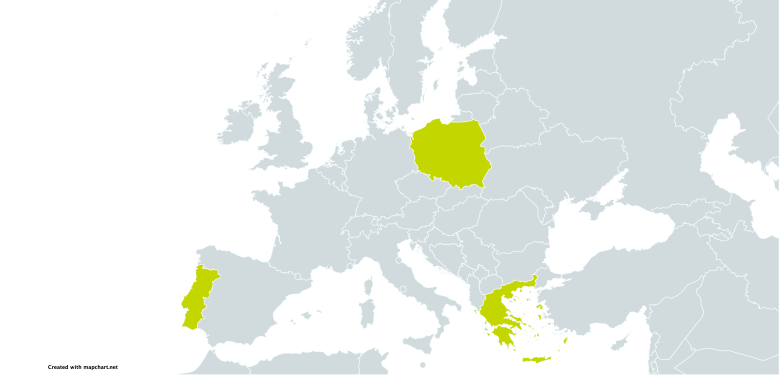
Project partners:
- Institute for Structural Research (IBS) – project leader
- University of Piraeus Research Center (UPRC)
- Universidade Nova de Lisboa (NOVA)
- Institute for European Energy and Climate Policy (IEECP)
- Municipality of Rumia

Co-funded by the European Union. Views and opinions expressed are however those of the author(s) only and do not necessarily reflect those of the EU or CINEA. Neither the EU nor the granting authority can be held responsible for them.
Learn more about the LOCATEE project by visiting: LOCATEE - Local authorities tackling energy poverty in private multi-apartment buildings - IBS - Instytut Badań Strukturalnych
Previous projects
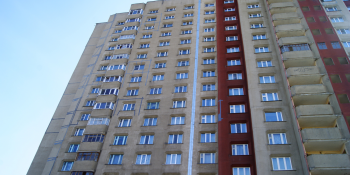
Community Tailored Actions for Energy Poverty Mitigation (ComAct)

Project Duration:
September 2020 – August 2023
HFHI EME leads a consortium of partnering organizations who work on alleviating energy poverty in the CEE and CIS region.
Resulting from mass privatization in the 1990s and coupled with the deconstruction of the social safety net, the housing stock in this region currently consists mostly of privately co-owned buildings. These buildings are characterized by a large percentage of multi-family apartment blocks lacking functioning homeowner associations and any maintenance mechanisms. Undertaking renovation works in these old, energy inefficient multi-family buildings, however, requires coordinated action among the apartment owners.
To address the complex roots of energy poverty, there is a need to develop a new approach to make interventions affordable, substantially influence energy costs and consequently reduce the high energy poverty levels.
By identifying the energy poor households, intervening through stakeholders, communities, financial and technical support, the approach is tested in five pilot countries: Bulgaria, Hungary, Lithuania, North Macedonia, and Ukraine. It serves as a basis for “know-how” for future projects implemented in the region.
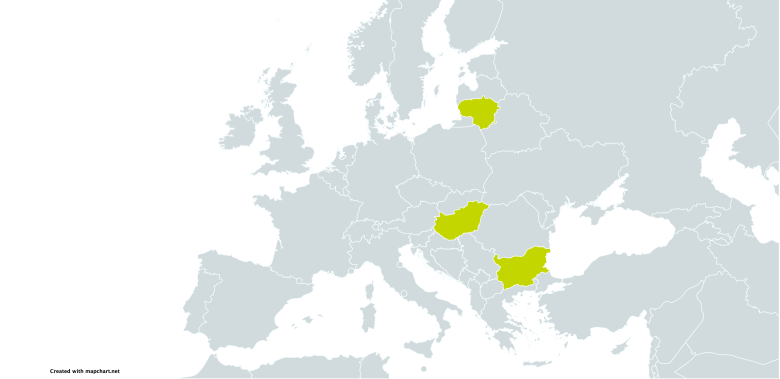
ComAct aims to make impactful energy-efficient improvements in multi-family apartment buildings affordable and manageable for energy-poor communities as well as to create the necessary assistance conditions for lifting them out of energy poverty. After identifying and selecting energy-poor communities in the CEE and CIS region, ComAct will operate in three main dimensions:
- To empower and activate the communities of homeowners’ associations
- To develop and adapt financial tools that provide financing for low-income families
- To optimise technical solutions that provide most favourable cost-benefit ratio for the energy efficient improvements in multi-family apartment buildings.
The project approach, visualized in a detailed and comprehensive scheme, illustrates the entire process involved in transforming energy inefficient buildings into structures that are significantly more energy efficient, environmentally sustainable, and better suited to meet modern energy standards and requirements
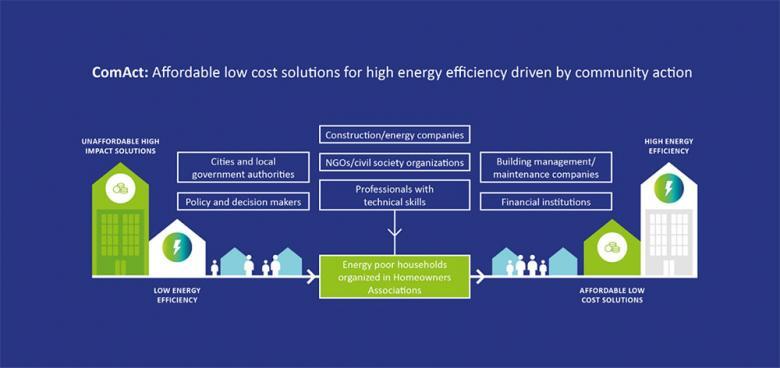
ComAct was shortlisted for the European Sustainable Energy Week (EUSEW) Award in 2022.
EUSEW Awards are annually organized by the European Commission as part of the European Sustainable Energy Week. ComAct was nominated as one of the finalists in the category Local Energy Action by a high-level jury consisting of Julije Domac, Director, North-West Croatia Regional Energy Agency (REGEA), Ciarán Cuffe, Member of the European Parliament, and President of the European Forum for Renewable Energy Sources (EUFORES), and Claire Roumet, Executive Director, Energy Cities. The overall winners were chosen by public vote and awarded at EUSEW Awards Ceremony in Brussels.
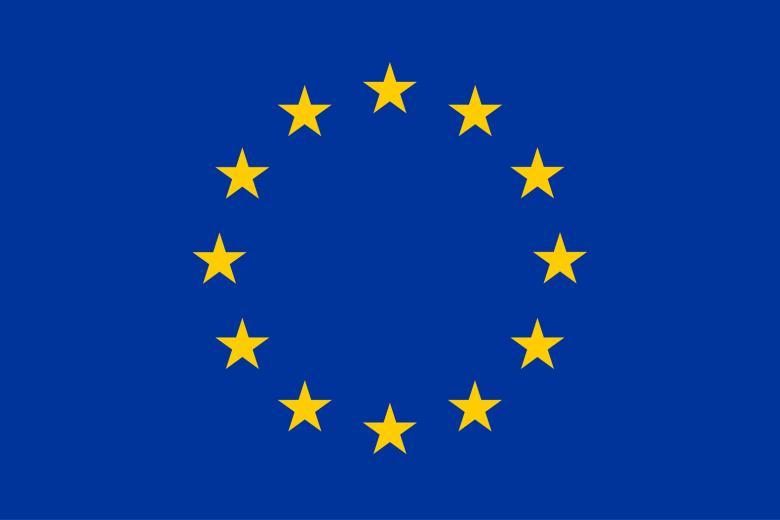
This project has received funding from the European Union’s Horizon 2020 research and innovation programme under grant agreement no. #892054.
Learn more about the ComAct project by visiting: https://comact-project.eu/.
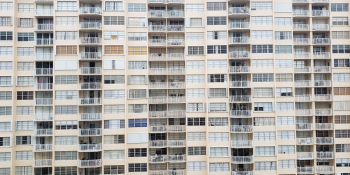
Residential Energy Efficiency for Low-Income Households (REELIH)

Project Duration:
August 2012 – August 2022
The REELIH project, led by Habitat for Humanity and USAID, was pioneering in developing new ways to help communities overcome the legacy of poorly built, energy inefficient multi-apartment building stock while contributing to creation of strong, stable and healthy communities and neighborhoods.
At the heart of REELIH’s approach was creating an “ecosystem of stakeholders” in which the challenges of common space renovations and its financing are funded by appropriate funds and loans fitting the needs of the low-income households. This approach empowers local stakeholders to take action through their local housing associations or representative bodies. At the same time, such mobilization of communities and their motivation to renovate opens the construction market. The environmental benefits of the renovation are similarly crucial since these residential buildings currently top “the black list” of producers of CO2 emissions.
The project was implemented in three countries: Armenia, Bosnia and Herzegovina and North Macedonia, where the project succeeded in achieving real improvements in energy efficiency and reducing energy costs. It helped establishing functioning management mechanisms for the residential multi-apartment co-owned buildings, enhanced the social cohesion in the neighborhoods, and improved living standards and health outcomes.

The REELIH ‘eco-system,’ as we call it, provides a detailed visualization of the intricate decision-making processes involved in renovating energy-inefficient residential buildings, demonstrating the collaborative dynamics among various stakeholders. This scheme illustrates how these interconnected roles and actions ultimately create tangible benefits for homeowners, from financial savings to improved living conditions, while also driving environmental and social advancements
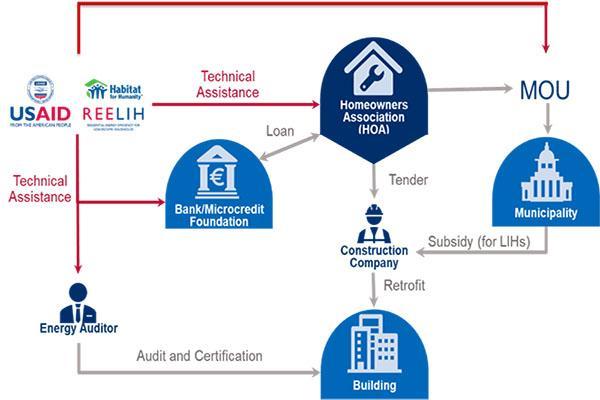
Project partners:
The Residential Energy Efficiency for Low-income Households project is one of the many assistance projects supported by the American people through the United States Agency for International Development (USAID). Since 1992, the American people through USAID have provided a broad range of development programs in Armenia and Bosnia and Herzegovina, shifting from an initial humanitarian emphasis to assistance for economic, political and social transition.
Learn more about the REELIH project by visiting:https://getwarmhomes.org/our-approach/, or taqtun.am (in Armenian), domuvanje.org.mk/reelih/ (in Macedonian), topaodom.ba (in Bosnian).
Support us
We are keen to work with more partners and funders to scale up these and other energy resilience programs in Europe. Read more about our work on project websites or contact us directly.
Join our Energy Efficiency for Common Spaces group on LinkedIn.
For more information, check out https://getwarmhomes.org/.
